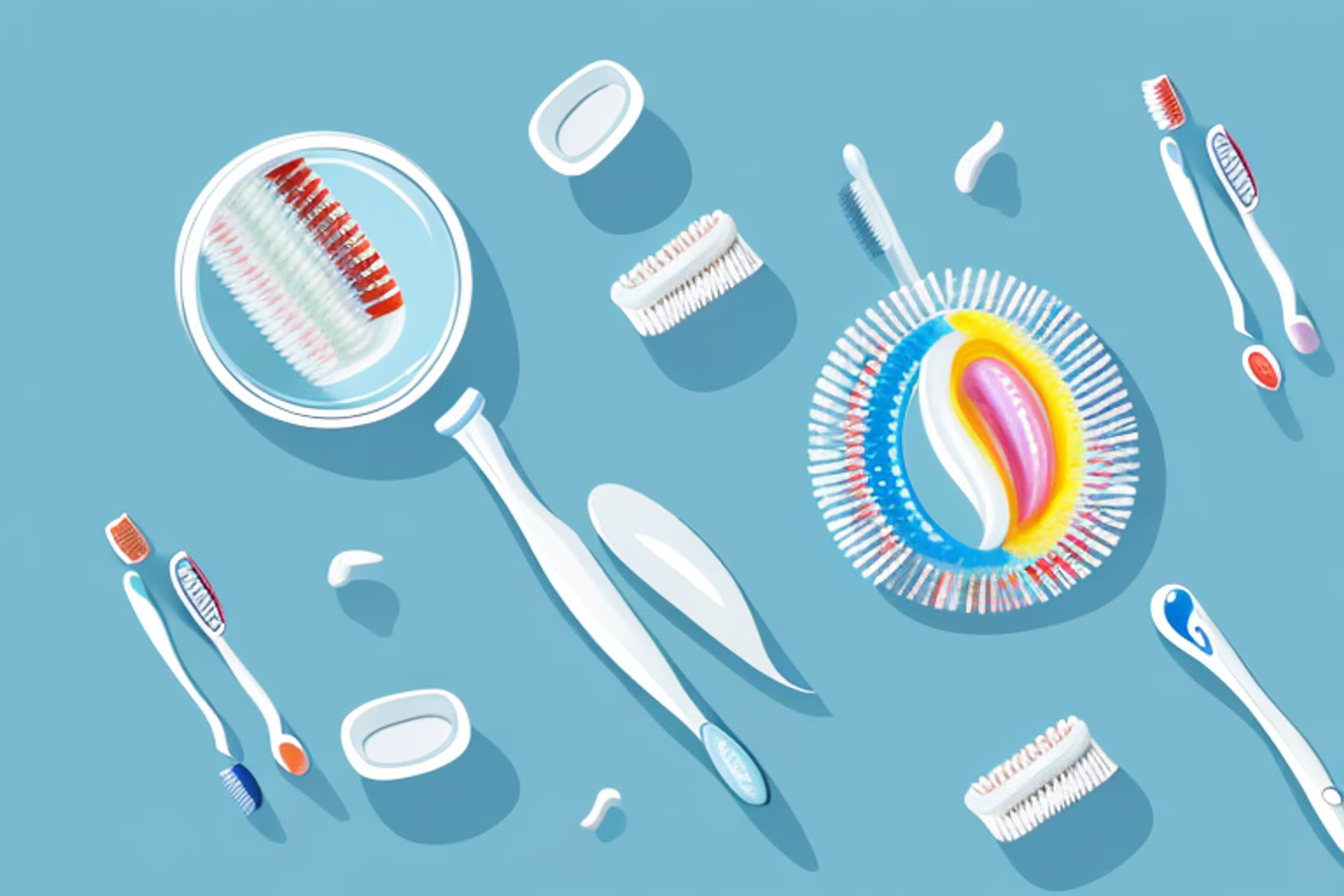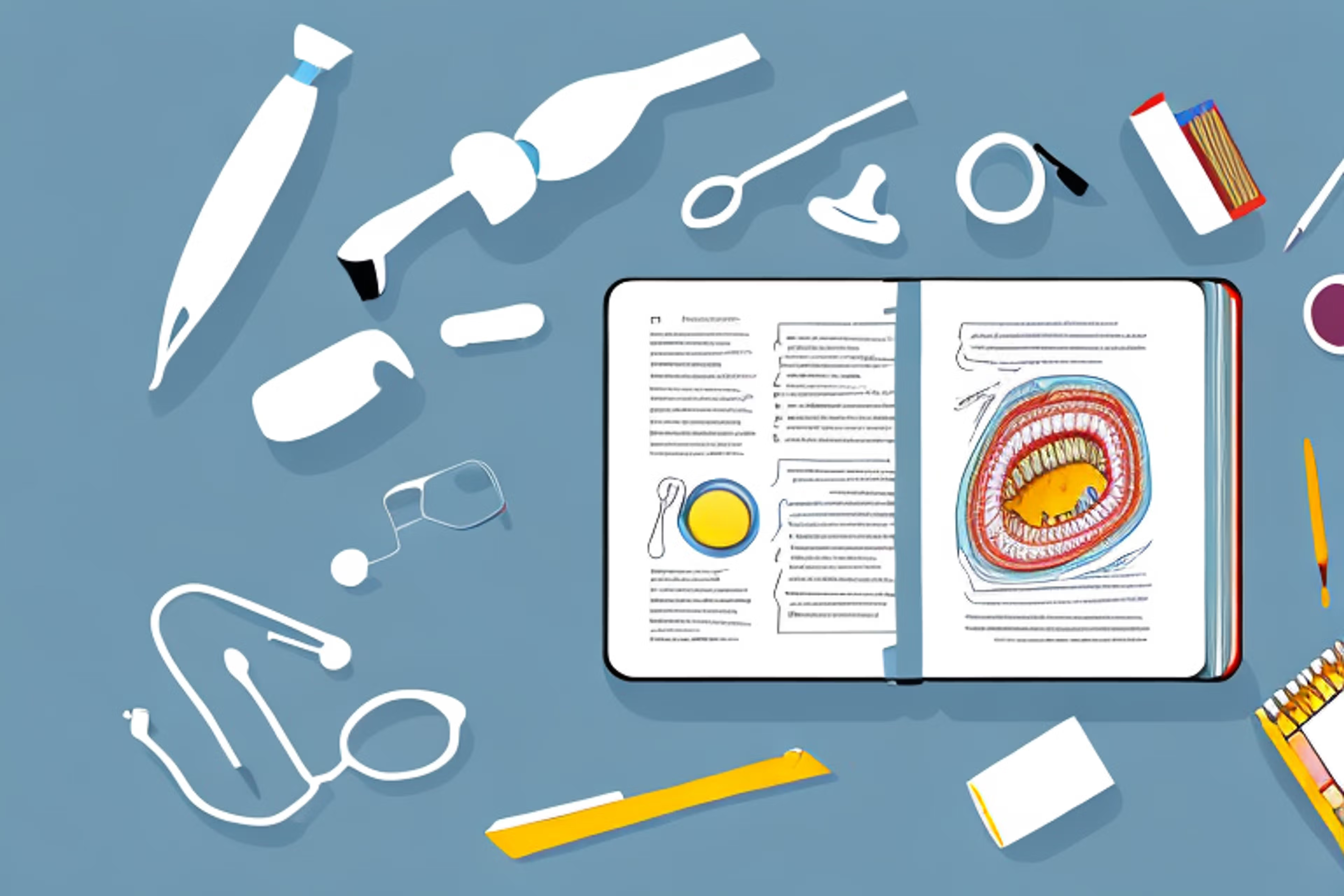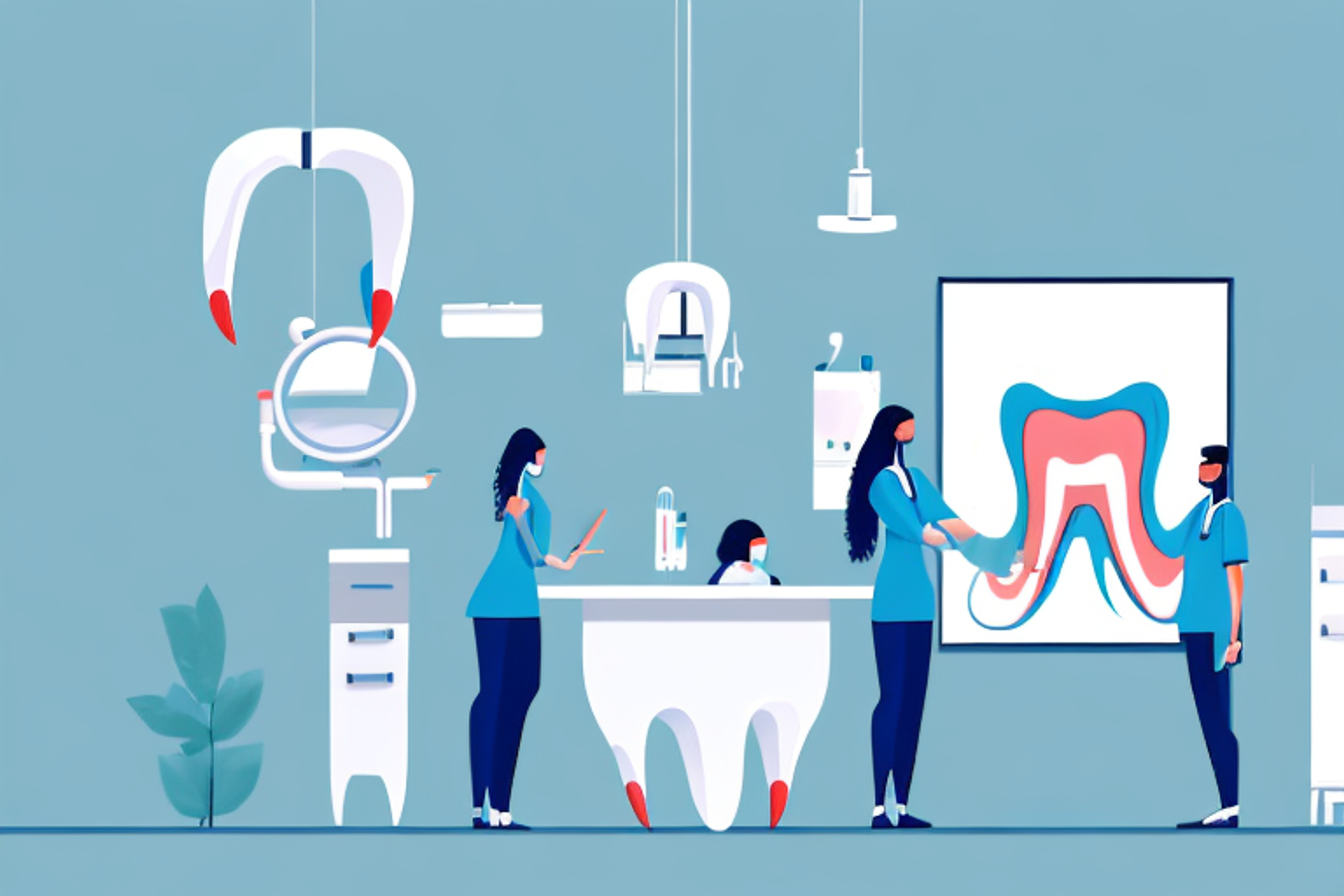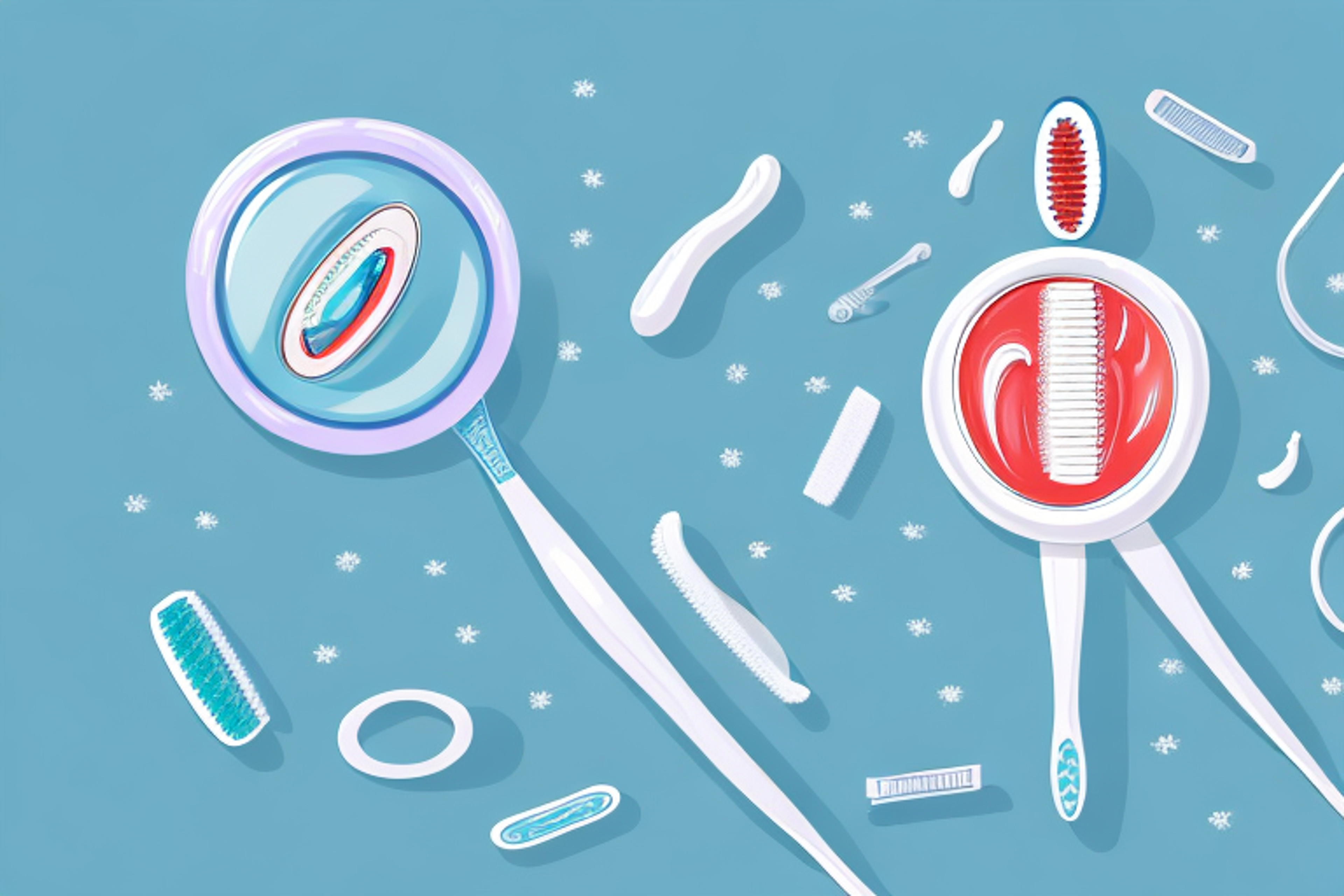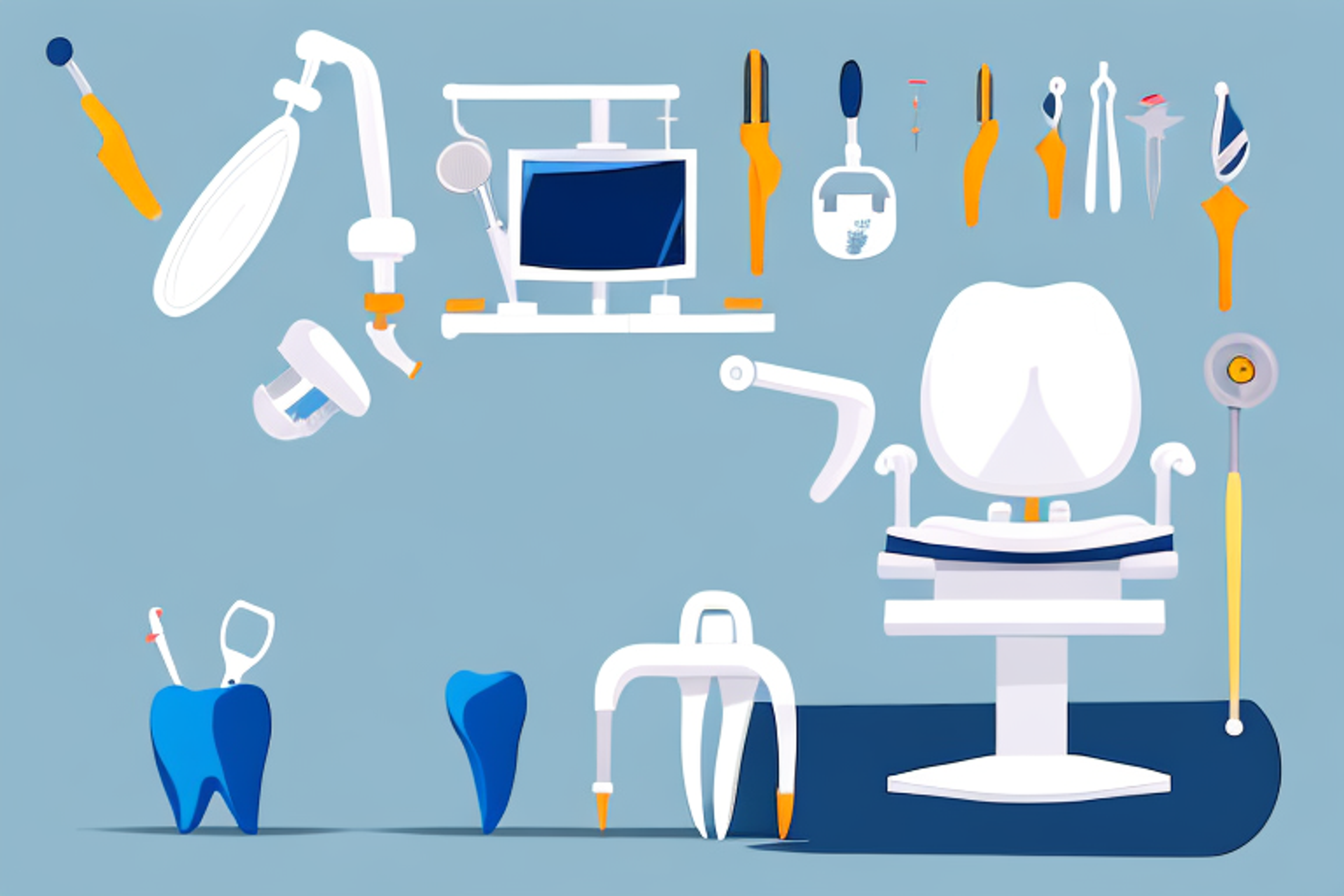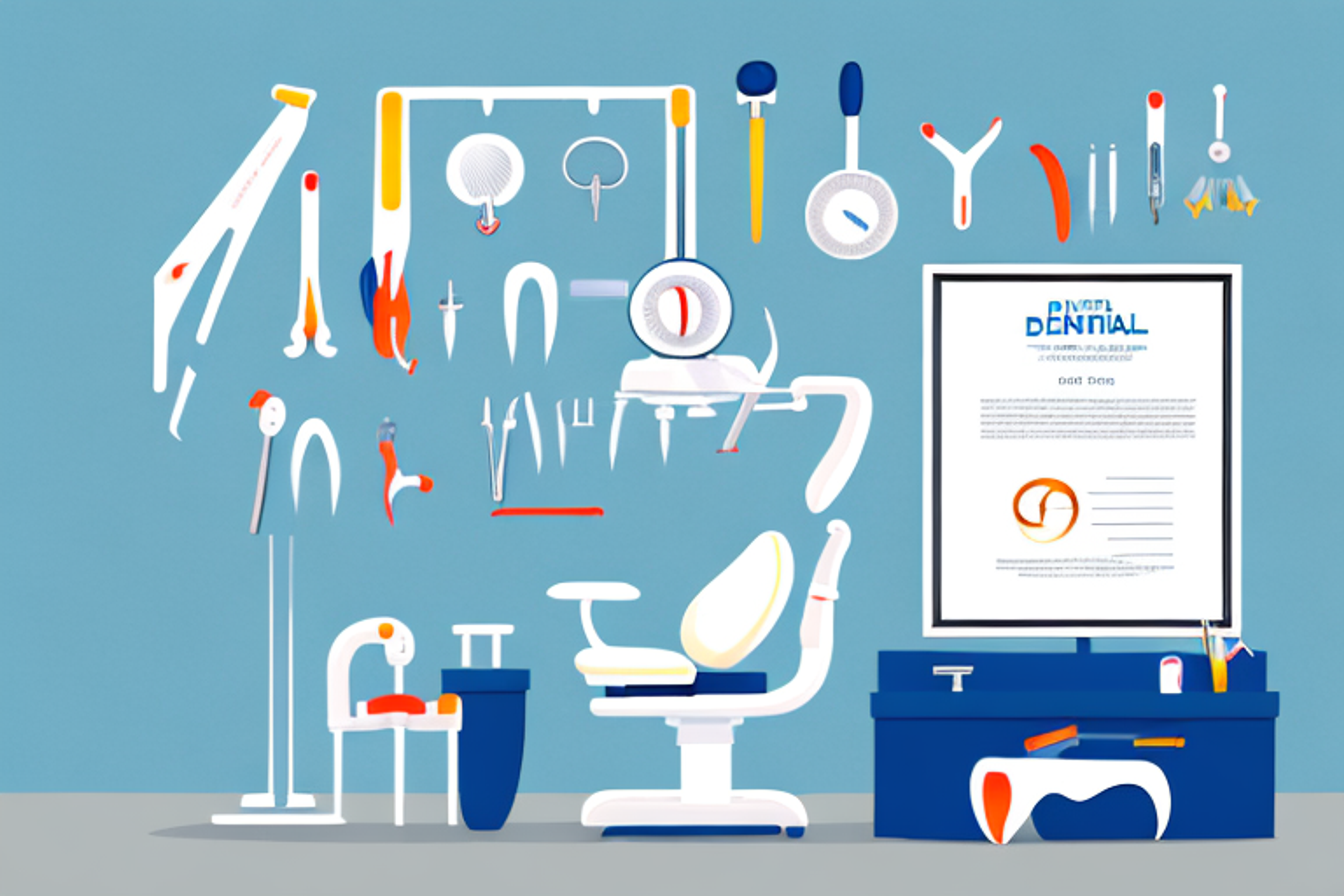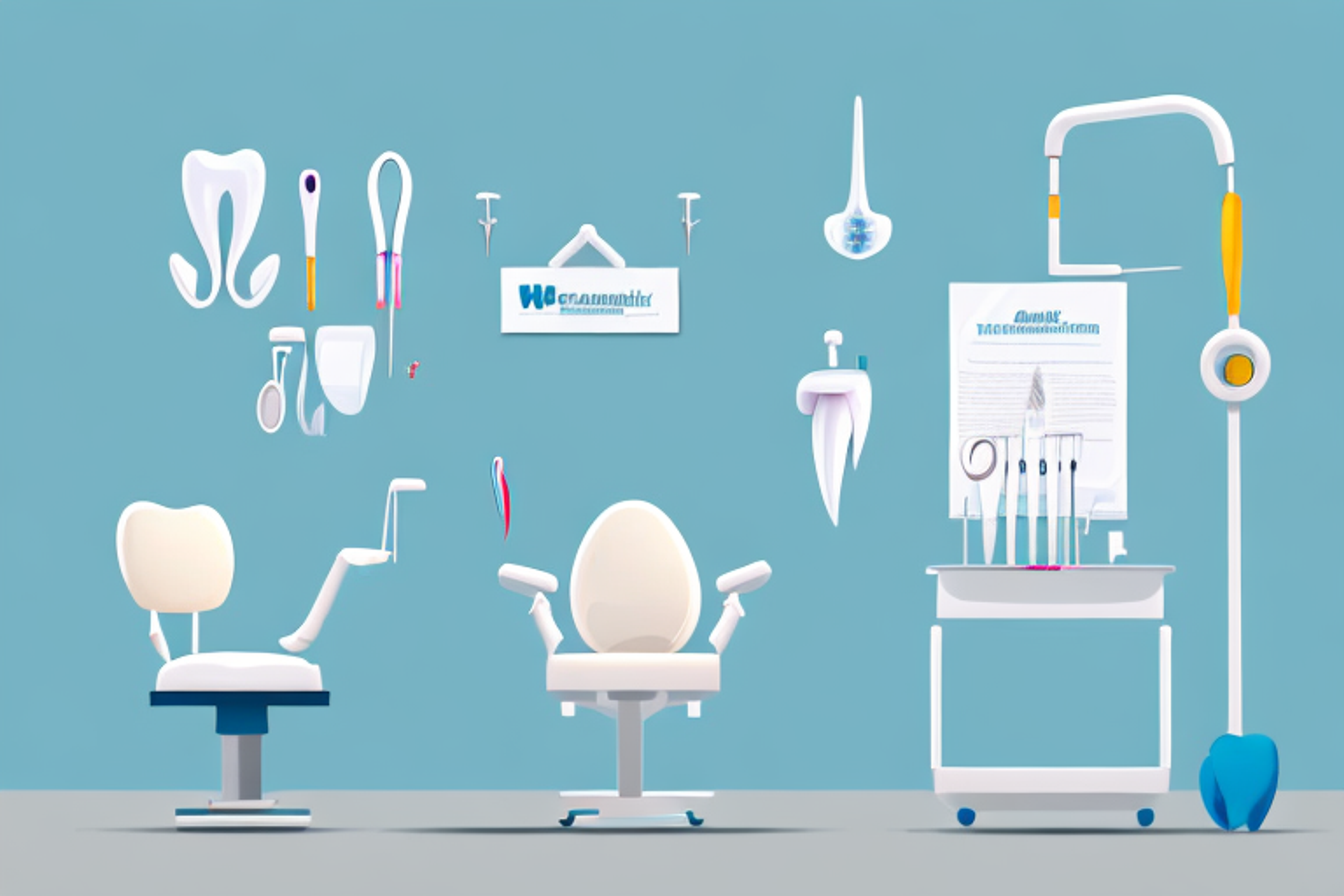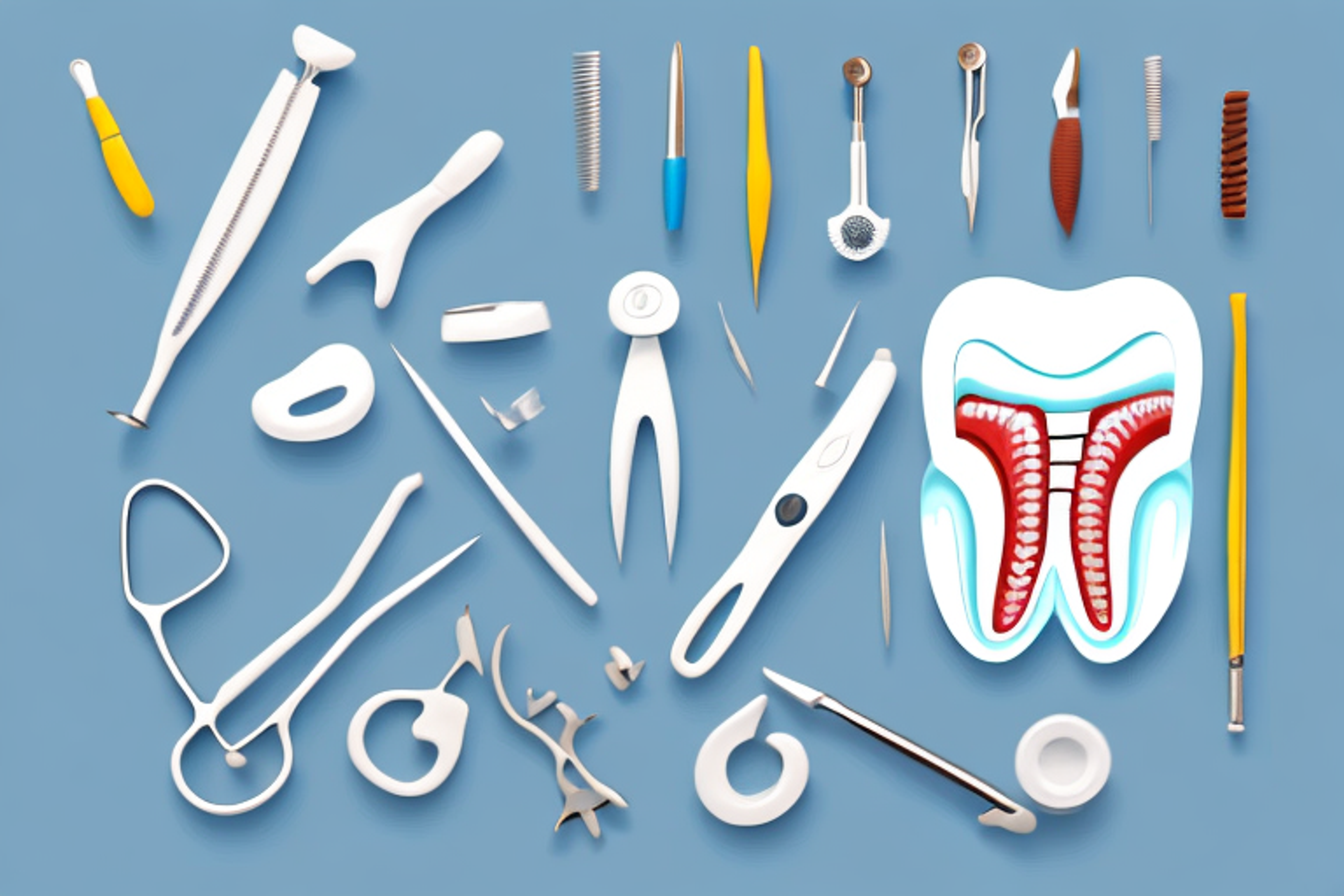How to Write a Compelling Personal Statement for the UCLA School of Dentistry Application
Learn how to craft a persuasive personal statement for your UCLA School of Dentistry application.
Posted April 10, 2025
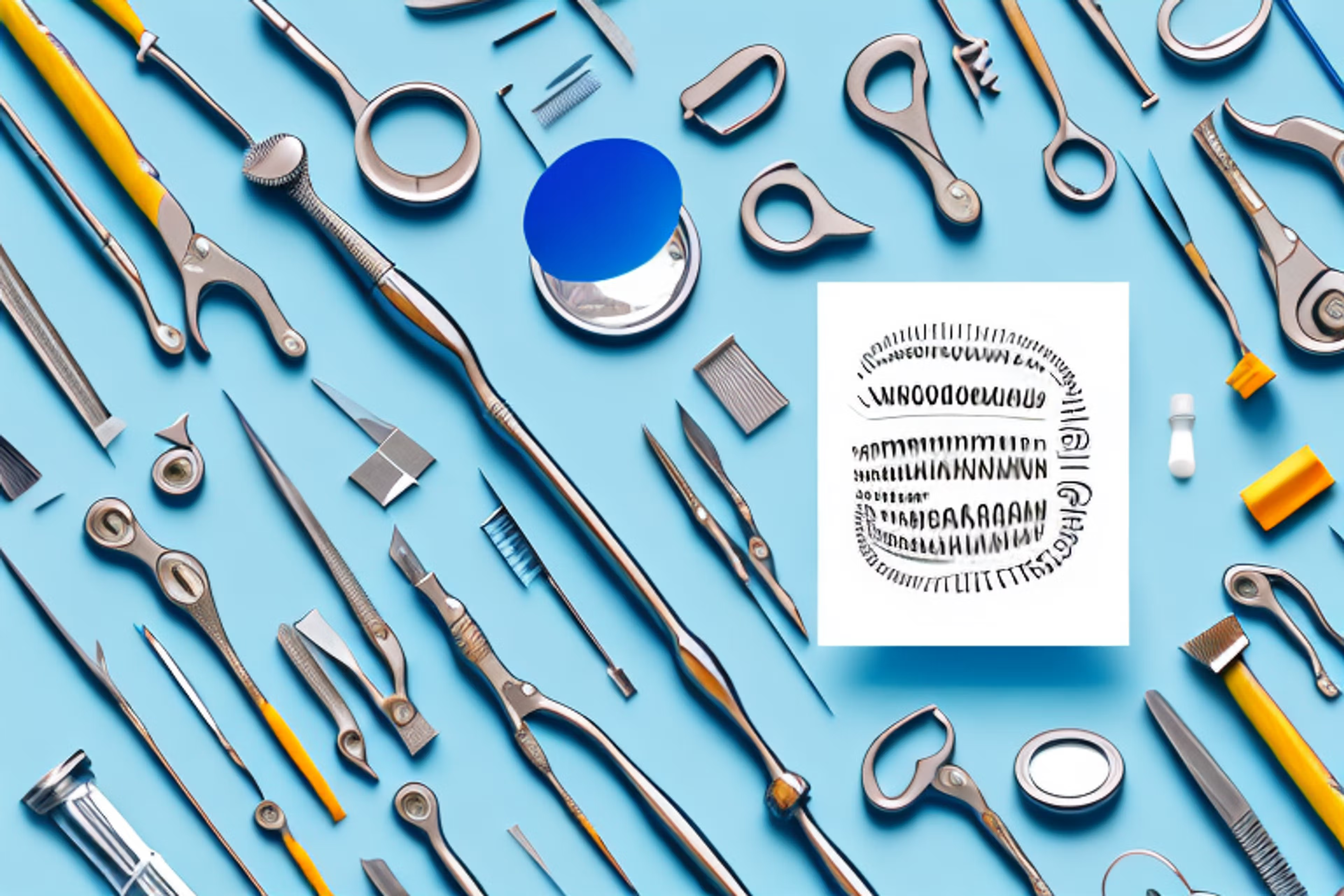
Table of Contents
Applying to dental school can be a daunting process. However, writing a compelling personal statement can set you apart from other applicants and increase your chances of getting accepted into the UCLA School of Dentistry. In this article, we'll go over everything you need to know about crafting a well-written personal statement to impress admissions officers.
Understanding the Purpose of a Personal Statement for Dentistry Programs
Before you begin writing your personal statement, it's important to understand why it's a crucial part of the application process. A personal statement is your opportunity to showcase your unique qualities and experiences, which can't be conveyed through grades and test scores alone. It's your chance to demonstrate why you're passionate about dentistry and what motivates you to pursue a career in the field.
One important aspect to keep in mind when writing your personal statement is to tailor it specifically to the dentistry program you're applying to. This means researching the program and understanding their values and goals, and then highlighting how your own experiences and aspirations align with those of the program. Admissions committees want to see that you've done your homework and that you're genuinely interested in their program.
Another key element to include in your personal statement is your future goals in dentistry. Admissions committees want to see that you have a clear vision for your future career and that you're committed to making a positive impact in the field. This can include discussing any research or volunteer experiences you've had in dentistry, as well as any specific areas of dentistry that you're particularly interested in pursuing.
Researching the UCLA School of Dentistry's Admissions Process
Every dental school has their admissions process, and it's important that you understand what the UCLA School of Dentistry is looking for. Make sure to read the school's admissions requirements and mission statement to get a better understanding of the school's values and what they are expecting from applicants. This will help you tailor your personal statement to align with the school's objectives and show that you're the right fit for the program.
Another important aspect to consider when researching the UCLA School of Dentistry's admissions process is the school's curriculum. Take a look at the courses offered and the faculty members teaching them. This will give you an idea of the school's strengths and areas of focus. It's also a good idea to research the school's clinical opportunities and partnerships with local hospitals and clinics. This will give you an idea of the hands-on experience you can expect to gain while attending the program.
Finally, it's important to research the school's community and culture. Look into student organizations and events, as well as the school's diversity and inclusion initiatives. This will give you an idea of the type of community you'll be joining and the support you can expect to receive while attending the program. By researching all of these aspects of the UCLA School of Dentistry, you'll be better equipped to make an informed decision about whether or not the program is the right fit for you.
Identifying Key Traits and Experiences to Highlight in Your Personal Statement
Think about what makes you unique and what qualities you possess that would make you a great candidate for dental school. Have you shadowed a dentist, participated in community service, or been involved in research related to dentistry? What experiences and qualities have shaped you into the person you are today? Take some time to reflect and jot down everything that comes to mind to help you identify the key points to highlight in your personal statement.
It's important to remember that your personal statement should not just be a list of your accomplishments and experiences. Admissions committees want to see how these experiences have influenced your personal and professional goals. Consider how your experiences have shaped your passion for dentistry and your desire to pursue a career in this field. Additionally, think about any challenges or obstacles you have faced and how you have overcome them. This can demonstrate your resilience and determination, qualities that are highly valued in the dental profession.
Crafting an Attention-Grabbing Introduction for Your Personal Statement
The introduction of your personal statement is critical in catching the admissions officer's attention. You want to show them that you're excited and passionate about dentistry and that your personal statement is worth reading. Consider starting with a quote, anecdote, or interesting fact about yourself that reflects your passion for dental health.
Another effective way to grab the admissions officer's attention is to start with a question that relates to your personal statement. For example, you could ask "Have you ever wondered what it's like to change someone's life with a smile?" This will immediately engage the reader and make them curious about what you have to say. Just make sure that the question is relevant to your personal statement and that you answer it in the following paragraphs.
Developing a Structured Narrative to Highlight Your Motivation and Goals
Your personal statement should have a clear structure that guides the reader through your story. Start with a brief introduction of yourself and your background, move into your experiences and how they have led you to pursue dentistry, and finally, detail your long-term goals. Make sure your narrative is easy to follow and well-organized.
Additionally, it is important to highlight your motivation for pursuing dentistry. This can include personal experiences, such as a family member's dental health issues, or a passion for helping others. By sharing your motivation, you can demonstrate your commitment to the field and show the admissions committee why you are a strong candidate for their program.
Showcasing Your Leadership and Teamwork Skills in Your Personal Statement
Dental school is not just about individual success, but also about working collaboratively with others to provide the best care for patients. Highlighting your leadership and teamwork skills in your personal statement can show that you are a team player and have what it takes to succeed in a dental team. Talk about specific instances where you have worked with others towards a goal or have taken on leadership roles in your community.
Demonstrating Commitment to Community Service and Volunteer Work
Community service and volunteer work are fundamental values for dental schools. They want to know that you're committed to serving your community and improving the lives of others. Discuss your volunteer experiences and how they have prepared you for a career in dentistry. Highlight your passion for helping others and making a difference.
Avoiding Common Mistakes in Writing Your Dental School Personal Statement
When it comes to writing your personal statement, there are certain pitfalls you should be aware of. Avoid generic statements, exaggeration, and being too wordy. Make sure you proofread your essay carefully to avoid spelling and grammar errors. Lastly, never plagiarize or copy someone else's work. Admissions officers can easily detect plagiarism, and it can lead to serious consequences.
Telling a Compelling Story That Sets You Apart from Other Applicants
Your personal statement should be a reflection of who you are and what makes you unique. Avoid clichés and generic statements, and focus on telling your story in a compelling and memorable way. Use concrete examples to illustrate your points and evoke emotions in readers. Remember that your goal is to make a lasting impression on the admissions officer.
Editing and Polishing Your Personal Statement for Maximum Impact
Once you've written your personal statement, it's essential to edit and proofread it thoroughly. This is your last chance to catch any errors and make sure your statement is polished and professional. Take a break from your essay and come back to it later with fresh eyes. Read it aloud to make sure it flows well and makes sense. Have someone else read it and give you feedback before submitting it.
Tips from Current Dental Students on Writing Successful Personal Statements
Current dental students can provide valuable insight into what admissions officers are looking for in a personal statement. Consider reaching out to alumni or current students and ask for advice on crafting a successful essay. Ask for tips on how to best showcase your unique qualities and experiences and stand out from other applicants. Their insight can be invaluable in helping you craft a winning essay.
Understanding the Role of the Dental School Interview in the Admissions Process
Your personal statement is just one part of the application process. The dental school interview is your chance to show why you're the best fit for the program. It's important to prepare for the interview by researching the school's program, being familiar with your personal statement, and practicing your interview skills. Be prepared to answer questions about your experiences, motivations, and goals for the future.
Writing a compelling personal statement can be challenging, but following these tips can help you craft an essay that truly showcases who you are. Remember to be genuine, passionate, and reflective in your writing. With a well-crafted personal statement, you can set yourself apart and show the admissions officers why you're the best candidate for the UCLA School of Dentistry.
